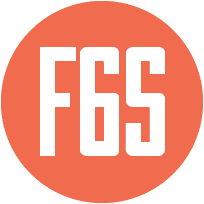1. Core Game Engine:
-
Godot Engine: Your primary game engine.
2. Blockchain Components:
-
Hyperledger Fabric: For core blockchain functionalities.
-
Web3.js or Ethers.js: If you want to integrate with other blockchains or offer compatibility with Ethereum-based tokens.
3. Peer-to-Peer Networking:
-
WebRTC: For real-time communication, including voice and video chat.
-
BitTorrent Protocol Libraries (like libtorrent): For P2P data distribution.
4. Game Server & APIs:
-
Godot's High-Level Multiplayer API: Godot has its networking capabilities that you can utilize for the game's server-client communications.
-
Node.js and Express.js: If you need additional server-side operations beyond what Godot provides.
5. Databases:
-
CouchDB or LevelDB: Supported databases for Hyperledger Fabric.
-
MongoDB or PostgreSQL: For storing game states, user profiles, and other necessary data.
6. Authentication:
-
OAuth: For integration with third-party services.
-
JWT (JSON Web Tokens): For secure transmission of information.
7. Frontend Web Frameworks:
-
React or Vue.js: For web-based interfaces outside the game client (like marketplaces or community forums).
8. Multi-Platform Development:
-
Godot supports exporting to a variety of platforms including desktop (Windows, Mac, Linux), mobile (iOS, Android), and web (HTML5).
9. Security & Encryption:
-
OpenSSL: For cryptographic functions.
-
Let's Encrypt: For SSL certificates.
10. Analytics & Monitoring:
-
Prometheus and Grafana: For real-time monitoring and analytics.
-
ELK Stack: For logging and visualizing operations.
11. External Integrations:
-
Stripe API: For handling payments.
-
Social Media APIs: For integrations with platforms like Discord, Steam, etc.
-
Nodemailer: For email services.
12. Backup & Recovery:
-
Duplicati or rsync: For backup operations.
-
BitTorrent Protocol: For distributed backup storage and recovery.
13. CI/CD:
-
Jenkins or GitLab CI/CD: For continuous integration and deployment.
14. Development & Collaboration Tools:
-
Docker: For containerization.
-
Kubernetes: If you opt for orchestrated container deployment.
-
Git: For version control.
-
Godot's built-in IDE or external IDEs like Visual Studio Code with the Godot plugin.
Conclusion:
Switching to Godot does bring a shift in some tools, especially in terms of the game engine and networking. Godot's open-source nature and active community support can be beneficial for a project of this nature. As before, the complexity of the project is high, requiring expertise in multiple areas. Collaboration with experts in blockchain, game development, and P2P networking will be crucial.

